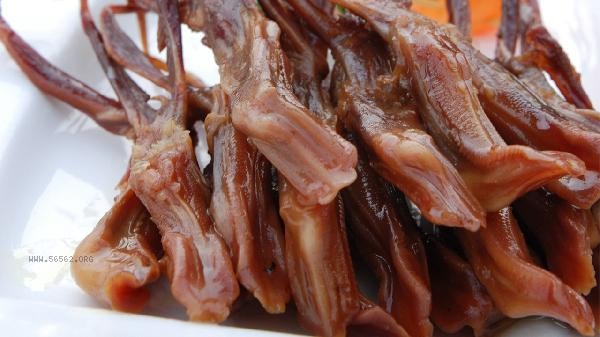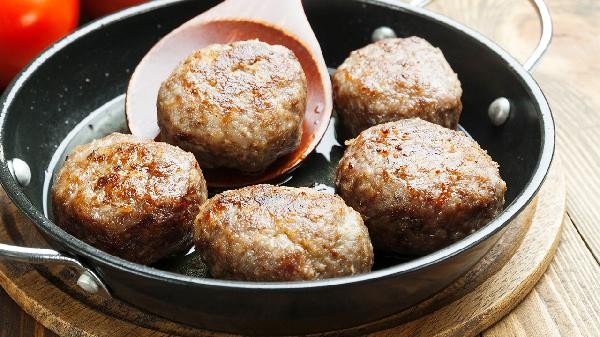Roasted meat and sugar can be softened by adding a small amount of acidic or sweet ingredients to neutralize the bitterness. Common methods include adding vinegar, white sugar, honey, lemon juice, or diluting with a small amount of water.

Roasted meat with sugar and stir frying bitterness is usually caused by excessive sugar coking, and the bitter substances produced by caramelization reaction are difficult to completely eliminate. However, the taste can be improved through acid-base neutralization or sweet masking. Acetic acid in vinegar can react with bitter substances. It is recommended to pour half a spoonful of aged vinegar along the edge of the pot and stir fry; Sugar or honey can be directly mixed with bitterness, and should be sprinkled and quickly mixed before serving; Lemon juice can both enhance freshness and alleviate bitterness. Squeeze in a few drops and it will take effect; If the bitterness is too strong, add a small amount of hot water to dilute the soup, then reduce the heat and season before collecting the juice.

When the bitterness is strong, it is recommended to discard some of the surface burnt ingredients, start the pot again, stir fry with scallions, ginger, and garlic until fragrant, and mix the unburned parts back into the pot. To avoid deepening the bitterness caused by secondary high-temperature stir frying, steaming can be used to allow steam to remove some bitter substances. During the sugar color stir frying stage, it is necessary to strictly control the heat. It is recommended to crush the rock sugar in advance for even melting, and immediately remove it from the heat if amber color appears. Using a non stick pan can reduce the risk of local overheating. When stir frying, maintain medium heat and continue to stir to prevent sticking to the bottom.

Daily cooking should pay attention to the balance of sugar oil ratio, as meat itself contains fat that can accelerate sugar coking. It is recommended to stir fry the oil first and then stir fry the sugar color, or use the braised technique to season in stages. Although bitter ingredients are harmless, they can affect appetite. Long term intake of burnt substances may stimulate the gastrointestinal tract. If you experience nausea after consuming a large amount of burnt food, you can drink milk to protect the gastric mucosa. In severe cases, seek medical attention. Mastering cooking temperature and remedial techniques can improve cooking tolerance. Novices are advised to use a thermometer to monitor oil temperature.









Comments (0)
Leave a Comment
No comments yet
Be the first to share your thoughts!